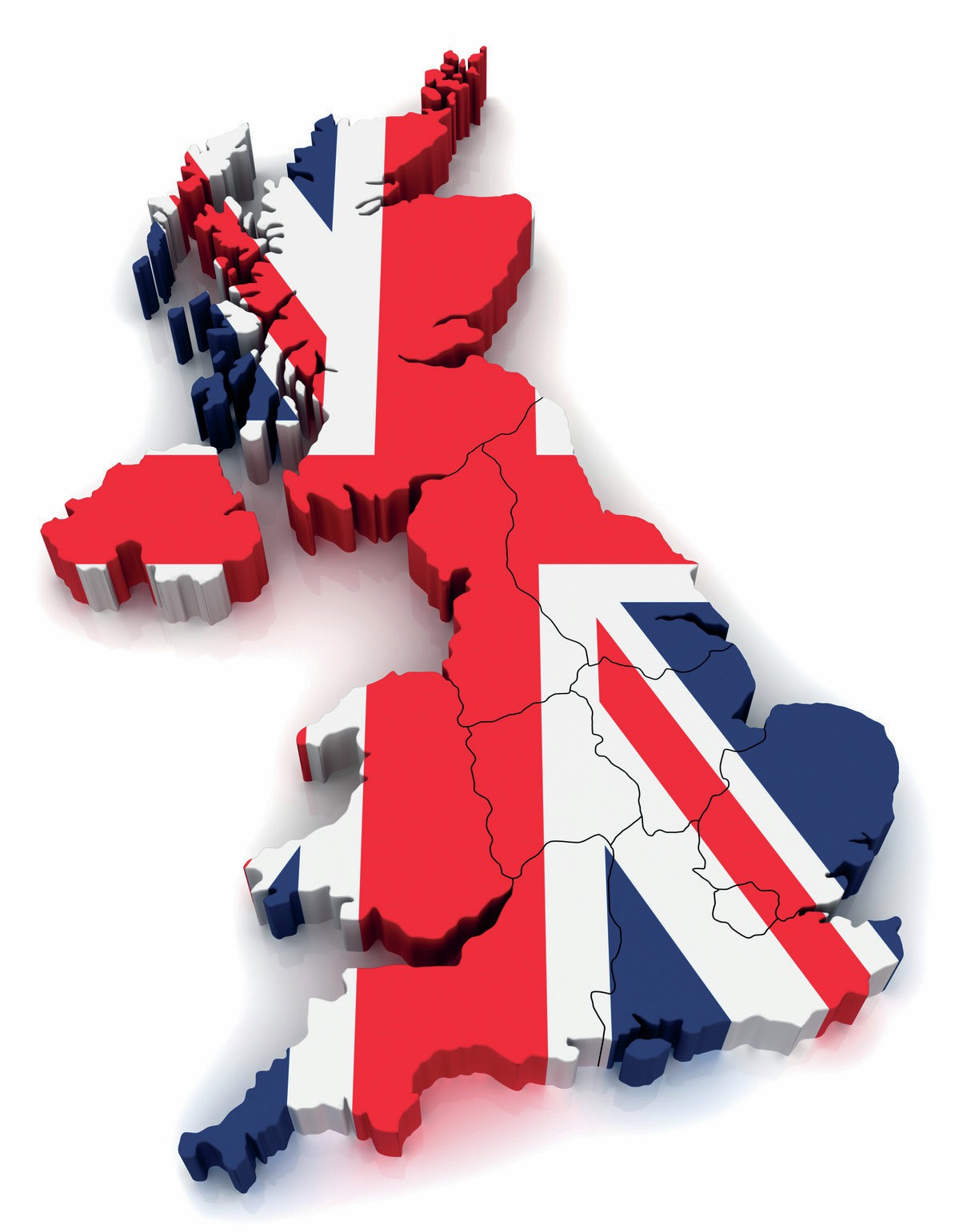
During 2011, the recovery of the economy from the recession that began in 2008 was much less rapid than was hoped. Output was relatively flat while inflation accelerated to a rate well above the target rate of 2% per annum. To some extent this can be explained by international factors in that the world economy as a whole failed to recover at the rate that was expected. However, domestic factors also played a role. In particular, the priority of the government was to get the budget deficit under control rather than to stimulate economic growth. The result has been a combination of tight fiscal policy combined with relatively loose monetary policy. The danger of this is that the economy could get stuck in a high unemployment equilibrium from which recovery would be slow at best.
Table 1 presents some basic summary statistics for the UK economy since 2004. It is clear that 2008 was a critical year for the UK economy, as it marked a move into recession following a long period of steady growth. Gross Domestic Product (GDP) fell by 1.1% in 2008 but this was only the start of the much more serious crisis that emerged in 2009 when output fell by over 4%. The reasons for this collapse in output have been well documented elsewhere.
Your organisation does not have access to this article.
Sign up today to give your students the edge they need to achieve their best grades with subject expertise
Subscribe




